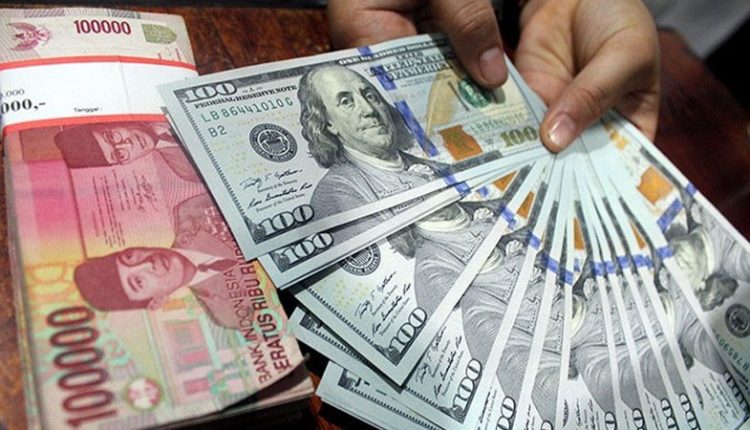Bank of Indonesia Stabilized Rupiah Through Monetary Policy
by: Hamzah Syah *
Bank Indonesia aims to achieve and maintain the stability of the rupiah. This goal as stated in Law No. 23 of 1999 concerning Bank Indonesia, which as amended by Law No. 3 of 2004 and Law No. 6 of 2009 in article 7. The stability of the rupiah in question has a difference in two dimensions. The first dimension of stability in the value of the rupiah is the stability of the prices of goods and services reflected in the development of the inflation rate. Meanwhile, the second dimension is related to the development of the rupiah exchange rate against the currencies of other countries.
Bank Indonesia continues to maintain the stability of the Rupiah exchange rate through various policy instruments. A series of steps taken by Bank Indonesia, including close coordination with the Government. The policy for a 50 bps increase in the 7-day Reverse Repo Rate to 5.25% has been decided by Bank Indonesia on 28-29 June 2018 and has gotten a positive perception of investors and has encouraged foreign capital inflows to Indonesia. This step was also welcomed by market players, which helped boost the stability of the rupiah exchange rate.
Amid the global economic turmoil, Bank Indonesia continued to maintain the rupiah exchange rate after a week-to-week day-to-month fighting due to uncertainty stemming from the tension of the trade war between the US and China, and geopolitical risk as one of the reasons for the strengthening of the US dollar. In addition, the increase in US central bank interest was also one of the factors that made the US dollar able to conquer a number of world currencies, including the rupiah exchange rate.
In the midst of uncertainty, the Indonesian economy is still quite capable of maintaining stability, as well as utilizing the momentum of growth with the achievement of economic growth figures in the third quarter of 2018 which was recorded at 5.17 percent. In addition, the improving performance of the Indonesian economy can also be chosen in terms of inflation. The government estimates 2018 inflation will be in the range of 3.2 percent. In addition, BI intervened in the market by raising interest rates to stabilize the rupiah exchange rate against the US dollar. The move by BI to raise its benchmark interest rate by 0.25% or 25 basis points to 6% is acknowledged by President Joko Widodo to show BI’s courage to maintain Indonesia’s economic stability and can be seen during the last 2-3 weeks the rupiah has strengthened significantly and returned to Rp14,500 per US $ and get a positive response from capital market players.
Bank Indonesia’s coordination with the Government and related authorities will continue to be strengthened to maintain macroeconomic and financial system stability and strengthen the implementation of structural reforms. Close coordination is expected to drive exports, reduce imports, encourage tourism and inflow foreign capital. Furthermore, Bank Indonesia will continue to be in the market to continue efforts to stabilize the rupiah exchange rate according to its fundamental conditions by continuing to encourage the operation of the market mechanism. The policy was supported by the implementation of monetary operations directed at maintaining adequate liquidity in both the forex market and the money market. In addition, the relaxation of the LTV policy which received a positive response from the business world and banks is expected to encourage the growth of credit or financing in the property sector, which in turn will encourage economic growth in general.
*) The Author is student at University of Sudirman
